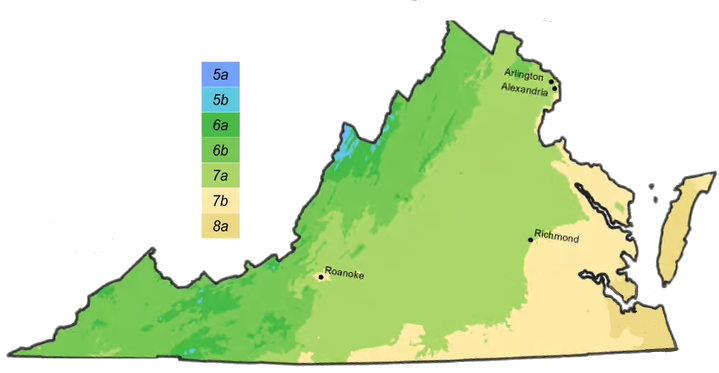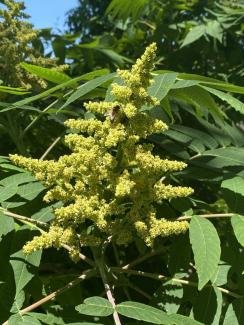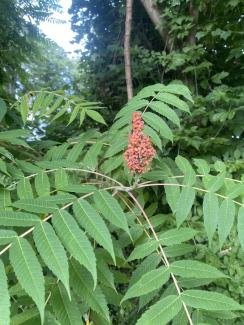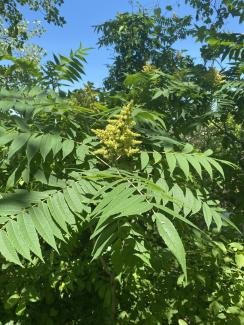
Habitat: dry or moist soils in open areas; shale barrens, old fields, dry open slopes, roadsides, fencerows
Wildlife value: This plant provides nectar for pollinators. Its fruits are eaten by songbirds, white-tailed deer, opossums, wild turkeys and quail. Plant NOVA Natives lists this species as particularly popular with the non-native honeybees
Notes: Beautiful in the Fall. Fast spreading and may not be suitable for garden settings. Suckers can be removed to retain a tree form. Male and female may be on separate plants
Earth Sangha Inventory
Founded in 1997, the Earth Sangha is a nonprofit public charity based in the Washington, DC, region. The Wild Plant Nursery is the most comprehensive source of local-ecotype, native plants in the Washington DC region, and the region’s only facility dedicated exclusively to this type of propagation. “Local-ecotype” plants are propagated from local, wild, naturally-occurring populations and are well-adapted to local conditions and for wildlife species that depend on the local forms, such as pollinators. Inventory is updated on a weekly basis so number may not be accurate.
| Pots Available | Plugs Available | Location | Notes | ||
|---|---|---|---|---|---|
| 28 | 0 | Row K | View My Wishlist |


